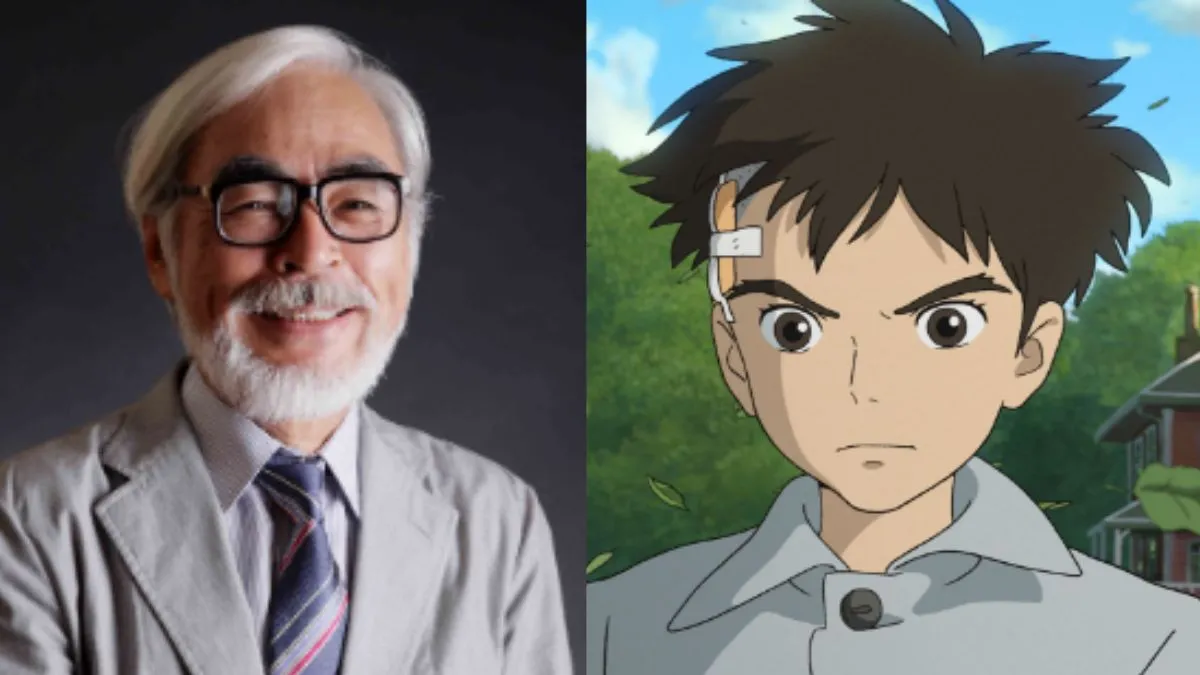- By Srishti Pandey
- Fri, 28 Mar 2025 11:28 PM (IST)
- Source:JND
As artificial intelligence continues to shape digital creativity, OpenAI’s latest image generator has sparked a social media trend—AI-generated portraits inspired by the signature Studio Ghibli aesthetic. However, this trend has reignited a long-standing debate on AI and artistic integrity, particularly in light of legendary animator Hayao Miyazaki’s strong disapproval of AI-generated art.
A resurfaced clip from a 2016 NHK documentary features Miyazaki, the co-founder of Studio Ghibli and the mastermind behind films like Spirited Away and My Neighbor Totoro, expressing his deep disdain for AI-generated animation. In the video, Miyazaki reacts to an AI-created sequence of a distorted, zombie-like figure, stating, “I have a friend who is disabled… this is mocking his struggle.” He firmly declares that such technology is “an insult to life itself.”
His sentiments didn’t end there. In an interview with FarOut Magazine, Miyazaki reiterated his perspective, saying, “I can’t watch this stuff and find it interesting. Whoever creates this has no idea what pain is. I am utterly disgusted.” He made it clear that AI-generated content has no place in his work, emphasizing that true artistry stems from human emotion and craftsmanship.
Studio Ghibli co-founder Hayao Miyazaki is currently trending on Twitter X for his reaction to seeing an AI-generated animation in 2016:
— ToonHive (@ToonHive) March 27, 2025
“I am utterly disgusted […] I strongly feel that this is an insult to life itself.”
pic.twitter.com/zpbvJ6i21n
The latest AI trend allows users to create Studio Ghibli-style portraits with simple text prompts. Even OpenAI CEO Sam Altman joined the craze, updating his profile picture with an AI-generated Ghibli-style image. While many see it as a fun and creative tool, others argue that AI-generated art merely mimics aesthetics without capturing the depth and soul that define traditional animation.
Since Studio Ghibli is trending, worth noting the mind-boggling effort Hayao Miyazaki and his team put into a film.
— Trung Phan (@TrungTPhan) March 26, 2025
Each has 60k-70k frames, all hand-drawn and painted with water color.
This 4-second clip (“The Wind Rises”) took one animator 15 months to do.
In the documentary… pic.twitter.com/BwvipsyVCl
Miyazaki’s rejection of AI reflects a larger debate about whether machines can replicate the emotional and imperfect nature of human creativity. While AI can generate visually appealing content in seconds, the essence of art—its depth, intent, and human connection—remains a contentious issue.
Hayao Miyazaki is a visionary in the animation industry, often compared to Walt Disney for his contributions. He began his career in 1963, working on Wolf Boy Ken and Doggie March as an in-between animator. In 1979, he made his directorial debut with The Castle of Cagliostro and later established Studio Ghibli, where he crafted some of the most beloved animated films of all time.
His works include:
My Neighbor Totoro (1988)
Kiki’s Delivery Service (1989)
Princess Mononoke (1997)
Spirited Away (2001) – The first non-English animated film to win an Academy Award
Howl’s Moving Castle (2004)
The Wind Rises (2013)
The Boy and the Heron (2023) – Another Oscar-winning masterpiece
Despite announcing his retirement in 2013, Miyazaki returned to create The Boy and the Heron, which became a critical and commercial success and is now available for streaming on Netflix. His future projects remain undisclosed.
Also Read: Oscar-Winning Japanese Anime The Boy And The Heron To Finally Release In India; Deets Inside
Also Read: Open AI's Ghibli Studio Pictures Faces Ban Due To Copyright Concerns

